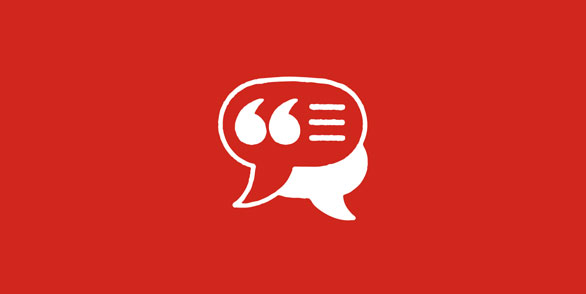If you own or manage a small or mid-sized business, maintaining effective and efficient human resources policies and practices is likely one of your greatest challenges. The problem is that HR tends to get increasingly complex as you grow. More employees usually means more administration, liability and time invested in back-office work. In situations like these, a professional employer organization (PEO) may be advantageous.

Why use a PEO?
Outsourcing HR to a PEO allows you to focus more of your attention on growing your business and customer relationships. So, while you do what you do best, the PEO helps you take care of payroll, compliance, talent management, workplace safety and workers’ compensation, and other HR administrative tasks. You also may have access to comprehensive benefits packages and workers’ compensation insurance at a competitive price.
Who uses PEOs?
Close to 200,000 businesses across multiple industries in the United States use PEOs1. Some are small to mid-sized organizations that are experiencing rapid growth or have leaders who want to remain focused on day-to-day operations without being hampered by HR tasks. Other businesses use a PEO because they’ve reached a certain number of employees that makes HR more complex or because they seek a more professional HR experience for their employees.
The key to remember is that while PEOs are common, they’re not a one-size-fits-all solution and the reasons businesses join them are many. When looking for a PEO, check how long the company has been in business, its track record and whether it’s certified by the IRS or accredited by the Employer Services Assurance Corporation (ESAC).
Additional PEO advantages
-
Full-service HR
With the aid of technology and a team of experts assigned to your business, a PEO can help you take care of payroll, HR, benefits, worker’s compensation and compliance. This is welcome relief if you’re an owner-operator who wants to spend more time doing what got you into business in the first place and less time muddling through administrative details. -
Competitive benefits packages
Securing high-quality benefits for a small team of employees is sometimes cost prohibitive on your own. PEOs, however, have superior purchasing power and often can offer you competitive rates and plan options for health insurance and other benefits. Administrative support to manage all aspects of providing employee benefits is usually included. -
Liability protection
PEOs generally are capable of taking on more than just payroll operations and can partly assume the risk of being a co-employer. So, when workers’ compensation or unemployment claims arise, you might be able to rely on the PEO’s experts for assistance. -
Strategic expertise
While most PEOs provide guidance on day-to-day HR, payroll and benefits, some act as a built-in consultant for strategic employment-related decisions. This can help business owners, executives and HR directors properly plan for growth or downsizing. A few PEOs, like ADP TotalSource®, also offer in-depth support for issues like risk and safety, employee relations and harassment, worker classification status and more.
PEO alternatives
PEOs aren’t your only choice for HR support. There’s also administrative services organizations (ASOs) and human resources outsourcing (HROs), each with key differences.
ASOs vs. PEOs
What is an ASO?
An ASO outsources human resources – payroll, HR and compliance – but doesn’t assume employment-related risks or provide employee benefits or workers’ compensation insurance.
How are ASOs different from PEOs?
Unlike PEOs, ASOs are not a co-employment relationship. You remain the sole employer and pay your employees under your own business’s tax ID number.
Why might you choose an ASO?
If you want payroll and HR technology and services without the co-employment partnership, ASOs might be a good option.
HROs vs. PEOs
What is an HRO?
Human resources outsourcing provides flexible support for specific HR needs.
How are HROs different from PEOs?
While PEO’s are typically an all-in-one solution, HROs offer customized solutions. You often decide which tasks they’ll handle and which responsibilities you’ll retain.
Why might you choose an HRO?
An HRO, such as ADP® Comprehensive Services, might be a good choice if you already have an HR department and need help with a particular task, such as payroll administration, benefits administration or HR compliance.
Tying It All Together
If you’re running a small or mid-sized company, working with a PEO, ASO or HRO can usually help you and your management team stay focused on day-to-day operations and growth. In many cases, your employees will benefit, too. They may have access to more streamlined training programs and a place to call to discuss confidential HR, pay and benefits topics. All PEOs, HROs, and ASOs are not created equal though, so it often pays to find a reliable partner you trust before making a final decision.
This article provides practical information concerning the subject matter and is provided with the understanding that ADP is not rendering legal or tax advice or other professional services.




